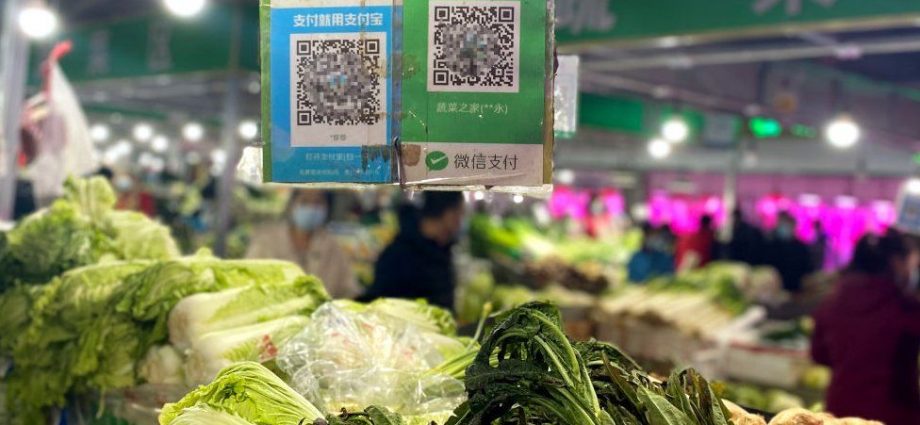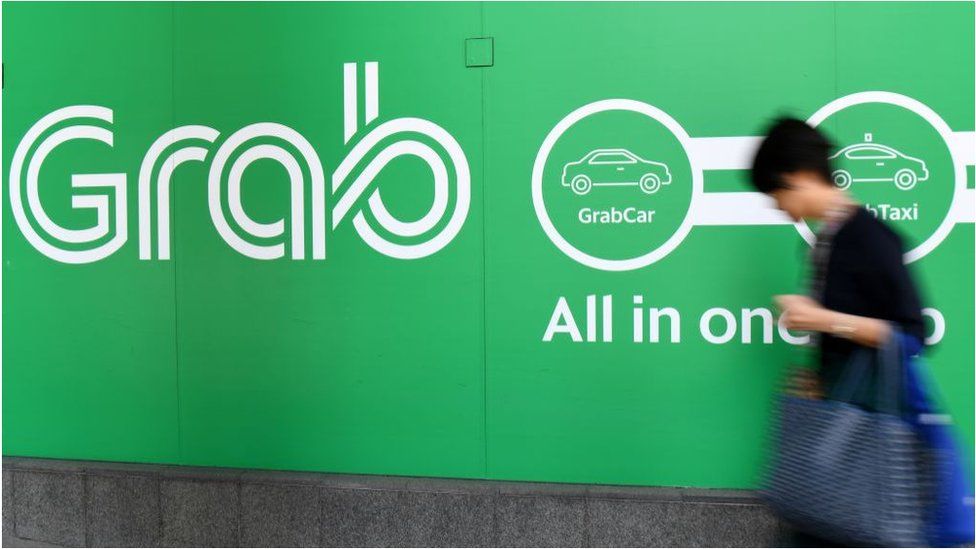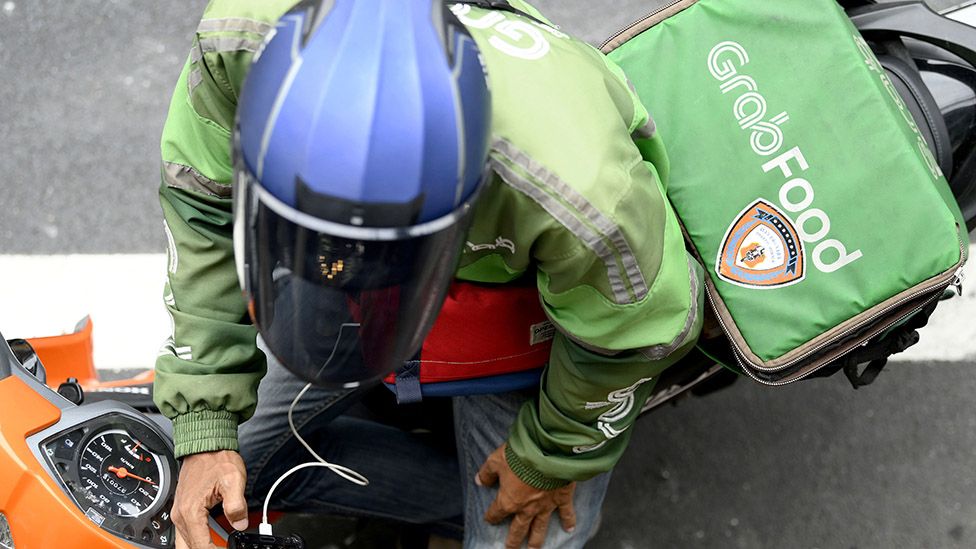
I’m stuck at home taking care of a sick child, when a familiar feeling suddenly hits – a craving for durian.
But there’s no need to head out to a durian stall or supermarket to buy the tropical fruit, lug it home, and wrestle open its spiky husk.
I just whip out my phone, open an app called Grab, and make a few taps.
Forty-five minutes later, there’s a knock on my door. A deliveryman hands over a bag: it’s my durian, freshly shucked and sealed in plastic tubs, ready to eat.
From ordering cabs and food, to paying our bills and booking holidays, super-apps like Grab offer a mindboggling array of services. They don’t exist yet in the West – Elon Musk is thinking of creating one called X – but in many parts of Asia they’ve already been a vital part of our everyday lives for the past few years.
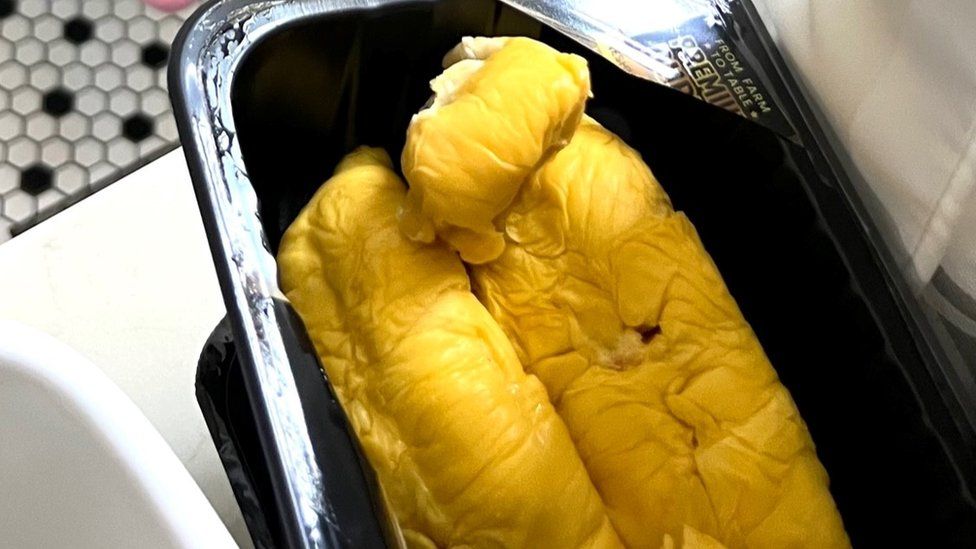
I mostly use Grab to get a ride home after a night out, or order Thai takeaway when I haven’t got the energy to cook dinner for the family.
But many in Singapore also use it to send parcels and documents, or shop online – one colleague just purchased a home karaoke set.
Other extensions allow you to book bus and ferry tickets, make hotel reservations, and even arrange for someone to come to your home and do a professional Covid swab test.
These can be paid for through the app’s finance system. There’s an e-wallet linked to your bank account or credit card, or you can set up instalment plans, or pay with points which you earn with every activity done through the app.
It can also be used for cashless payments – you pay for items at a shop by scanning a QR code with the app, or you can get a physical card linked to your account.
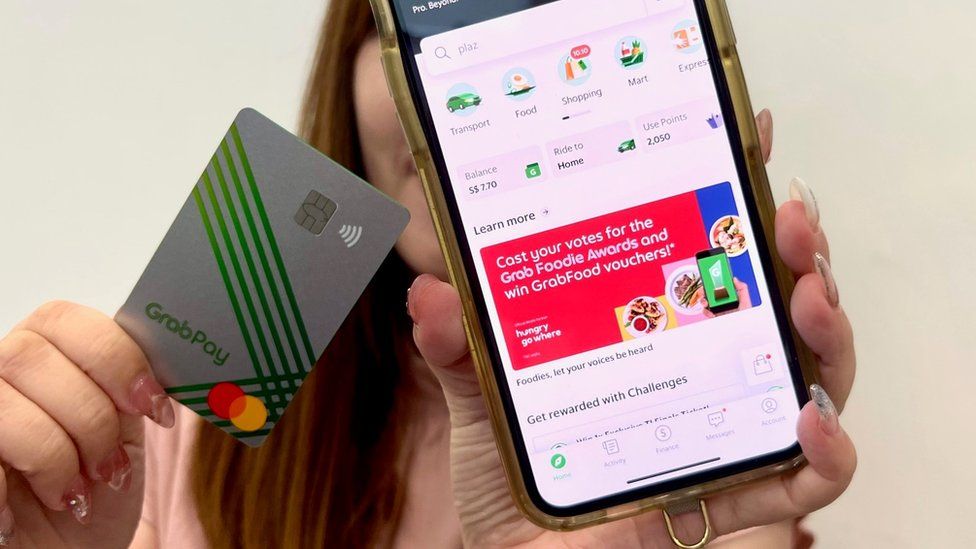
But Grab is not the only player in town.
There are super-apps aplenty from Indonesia’s GoJek to India’s PayTM and they allow you to do even more, such as book a manicure, order fuel for your motorbike, pay your traffic fine and purchase gold.
They have caught on in a region of digital natives – in South East Asia alone, about three-quarters of our population use the internet, and of that group, 88% own a smartphone.
Then, there’s China’s WeChat – the original Asian super-app said to be the inspiration for Mr Musk’s X.
It’s a messaging and social media platform that’s evolved into one of the region’s biggest apps in terms of its range of services and number of users. At last count it’s estimated to have 1.29 billion users in China alone.
WeChat is also one of China’s biggest payment networks, with consumers using it to pay for goods and services and to send money to each other.
Some research suggests that a Chinese user spends as much as a third of their waking life on WeChat alone.
Much has been written about how its ubiquity in Chinese everyday life, operating in a society tightly controlled by the government has seen WeChat become a tool of surveillance and censorship.
Messages, posts and even accounts are routinely blocked for content deemed politically sensitive, and there are concerns of how it could contribute to the various controversial “social credit” schemes in China, where citizens’ lives can be restricted based on their bank credit scores or social behaviour.
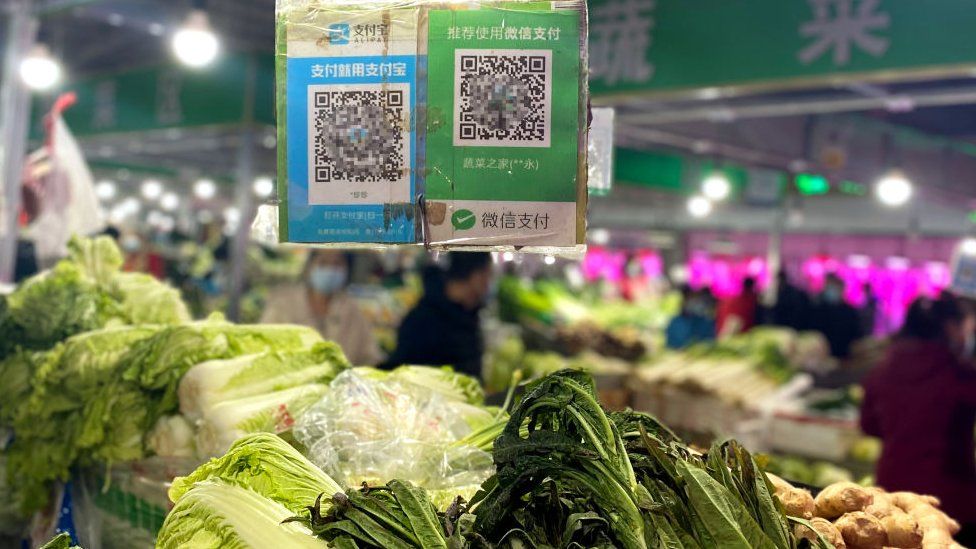
In 2020, WeChat introduced its own scoring system where users get extra privileges if they have good in-app credit records.
The example of WeChat highlights the main concern about super-apps – with everyone doing practically everything on just a few platforms, these apps end up collecting a vast trove of data on people, and could wield some power over our daily lives.
How such data is treated and to what extent governments should have access to it will be part of the debate in societies where privacy is particularly prized. Mr Musk’s X super-app – if it does come to fruition – may be seen by some with suspicion as a double-edged Swiss Army knife.
For others though, the convenience and simplicity of living life on one app is an easy trade-off to make. There’s always the option of scaling back their use, for those with deep concerns about privacy.
And in open markets, specialty apps will continue to vie for users’ attention, reducing the likelihood of most of the data ending up in the hands of just one or two companies – one reason for WeChat’s dominance in China is because some apps like Twitter and WhatsApp are blocked there.
Here in Singapore, I don’t do everything on Grab. It’s not because I distrust it, but I prefer using specialty apps to do other things like grocery shopping and buying clothes as they’re just better at it.
So I’m fine with Grab humming away in the recesses of my phone because it doesn’t know everything about me, just some things – like the fact that I love delivery durian.
-
-
5 February 2021
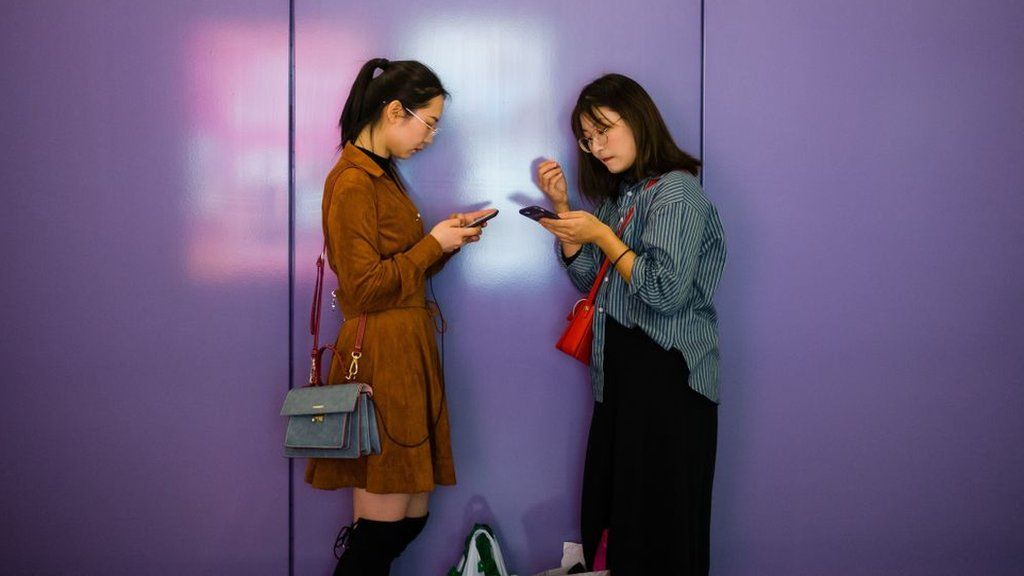
-

